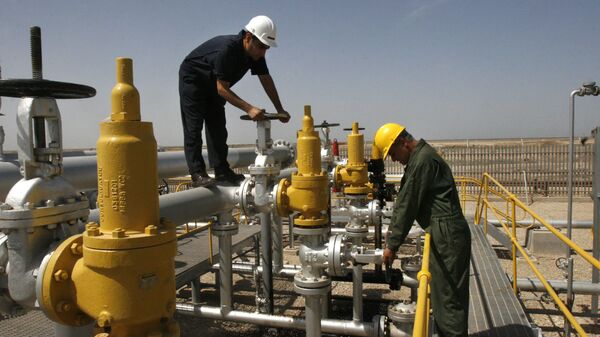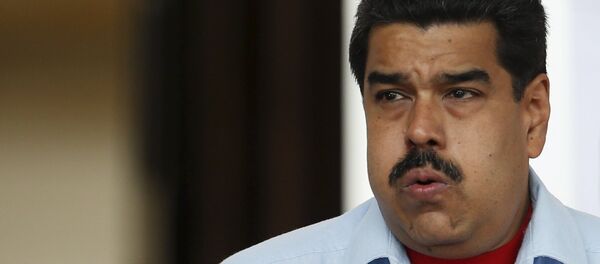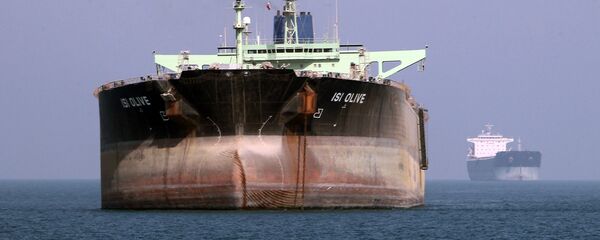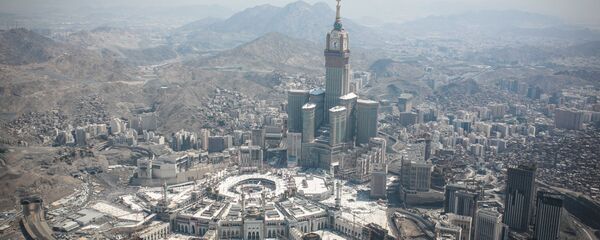"One year, we are looking at one year," Barkindo replied, when asked about a possible agreement between OPEC and non-OPEC producers at the International Energy Forum which takes place in Algiers next week.
Algerian Energy Minister Noureddine Bouterfa said that the cartel's producers are pumping more than 33 million barrels per day, and need to agree on cutting oil production to curb the global oil glut.
"The question is at what level we would freeze or reduce output – we need to find a good compromise in order not to destabilize the market."
"It's necessary to reduce (production) by at least 1 million barrels a day to re-balance the market. Will we get there? We are working for that," Bouterfa said.
In January partial sanctions against Iran were lifted in connection with the nuclear deal Tehran agreed with the P5+1 group of countries in July last year.
Consequently, Iran announced its intention to increase its oil output to pre-sanctions levels of more than four million barrels per day; it currently produces just over 3.8 million barrels per day.
However, Mohammad Sadegh Joukar, an energy expert at the Iranian Energy Ministry's Organization for the Study of International Energy Problems, told Sputnik Persian that Iran does not see any benefits in agreeing a deal to freeze production, when other countries such as Saudi Arabia are producing record amounts.
On Monday Saudi Arabia revealed that the kingdom produced a record high 10.673 million barrels per day in July, followed by 10.63 million barrels per day in August.
"This project to freeze oil output from OPEC members and other producers will hardly have a positive effect on the price. It is necessary to cut the volume of production, not freeze it," Joukar said.
"That kind of position is inappropriate and undesirable for Iran, whose key task is to increase its output. So, Saudi Arabia is currently at maximum output and it asking other OPEC members to agree to a production freeze. As we can see from documents about the oil production capacity of Arab countries OPEC members, these countries are also producing oil at maximum capacity and their plans are far from being short-term," Joukar said.
Russian Energy Minister Alexander Novak said on Wednesday that Russia is also ready to discuss a possible cut in production at the meeting in Algiers, but it should be balanced with the medium-term impact on the industry.
"The situation is quite complicated, the market is not balanced and across the world, large investment flows are leaving the industry which could risk an oil deficit in the medium term," Novak warned.




